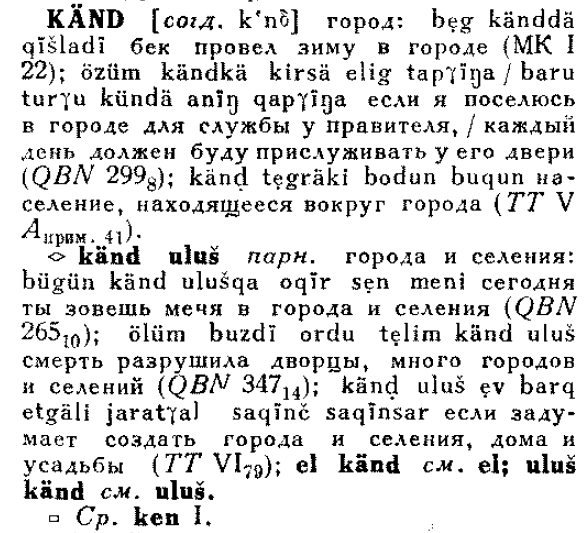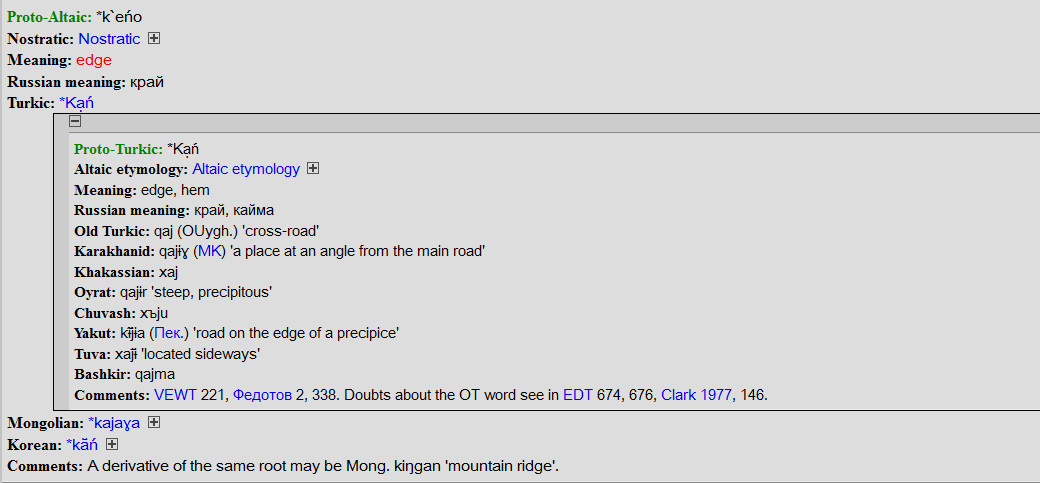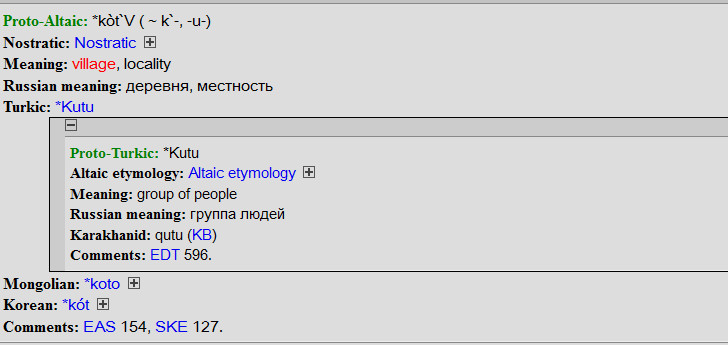In Turkish there is this word Kent which means city. Some Turkic city names have this as a suffix, like Başkent and Tashkent. In Azerbaijani the same word, with the spelling of Kənd (Kand) means village and we have tens of villages in Iranian Azerbaijan and Republic of Azerbaijan with their names ending in Kənd: Təzəkənd, sarikənd, qoşakənd, yengikənd, and etc.
In Persian cities and villages and even the language itself, I have not seen any usage of this word. I saw a statement in Wikipedia which claimed that this word is of Sogdian origin and is related to the Persian word of کندن (Kandan), which literally means digging, and metaphorically refers to an inhabited place.
Does someone have more information about the etymology of this word/suffix?


